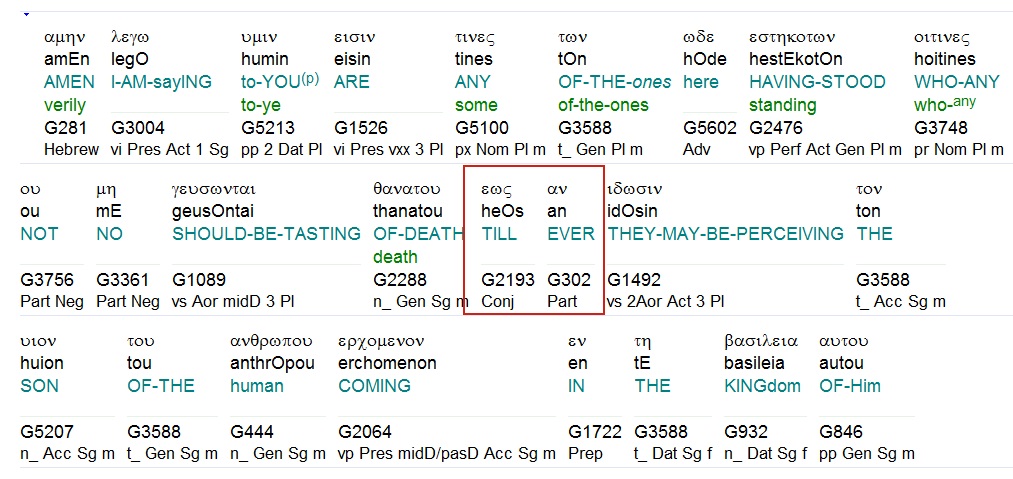It's pretty hard to be wrong, when the scripture gives a detailed account of how the resurrection of the dead and the living will be caught up.
"For the Lord Himself will descend from heaven with a loud command, with the voice of an archangel, and with the trumpet of God, and the dead in Christ will be the first to rise. After that, we who are alive and remain will be caught up together with them in the clouds to meet the Lord in the air. And so we will always be with the Lord. "
"Listen, I tell you a mystery: We will not all sleep, but we will all be changed—in an instant, in the twinkling of an eye, at the last trumpet. For the trumpet will sound, the dead will be raised imperishable, and we will be changed.
* Jesus descends from heaven with the trumpet call of God
* The dead in Christ rise first
* After the dead rise, the living are changed and caught up with the resurrected to meet the Lord in the air
Wouldn't argue any of that. I liked Luke also...
And all wept, and bewailed her: but he said, Weep not; she is not dead, but sleepeth.
(Luk 8:52 KJV)
What does that have to do with it? First Jesus says...
And he said to them all, If any man will come after me, let him deny himself, and take up his cross daily, and follow me. For whosoever will save his life shall lose it: but whosoever will lose his life for my sake, the same shall save it. For what is a man advantaged, if he gain the whole world, and lose himself, or be cast away? For whosoever shall be ashamed of me and of my words, of him shall the Son of man be ashamed, when he shall come in his own glory, and in his Father's, and of the holy angels.
Then he continues in the same context by the use of the Greek word δέ (de).
No matter how we spin it. Whether one interprets de as a continuative or as a adversative; what follows that word is connected to what is before not after.
But I tell you of a truth, there be some standing here, which shall not taste of death, till they see the kingdom of God.
(Luk 9:23-27 KJV)
Which death? The one in which Jesus in 8:52 refers to as a sleep? Or the Second to which there is no waking?
The second my friend. The one in which there is no waking.
These words in verse 27 are not being spoken in a positive manner they are being spoken in judgement. Remember He just got done saying, "
For whosoever shall be ashamed of me and of my words, of him shall the Son of man be ashamed, when he shall come in his own glory, and in his Father's, and of the holy angels."
The verse in question is connected to the Son of man being ashamed. Not the Transfiguration or Pentecost.

